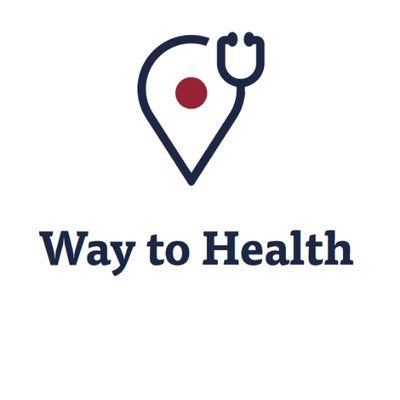Way to Health, 10 Years On

By Frank Otto, Penn Medicine News
“It came out of the Great Recession…”
This line from the director of the Penn Center for Health Care Innovation, David Asch, MD, MBA, gives his signature product’s origin a mythical air, placing it at a time that was turbulent for the United States yet, ironically, a boon for health care innovation.
Perhaps that’s fitting for Way to Health, an online platform designed to provide automated tech infrastructure not just for research projects, but also clinical care. In the same way that CAR T cell therapy has transformed cancer immunotherapy, Asch believes Way to Health transforms patient engagement. The platform’s start 10 years ago resulted from a federal grant — awarded to Asch and Kevin Volpp, MD, PhD, the director of the Center for Health Incentives & Behavioral Economics (CHIBE) — that was aimed at stimulating the United States’ Recession-stunted economy by investing in scientific infrastructure.
“We knew that caring for patients with chronic illness can require hovering over them, because they often need help managing complex regimens,” Asch said. “We were using research staff to connect with them daily, offering rewards for healthy behaviors or following prescriptions, but that was expensive and couldn’t scale. So, Kevin and I thought, ‘let’s automate it so we can do clinical trials more quickly. If it works, we can use it to treat patients, too.’”
Way to Health was built around behavioral economics, the science of understanding and harnessing the irrational tendencies everyone has and using them to improve outcomes. A central insight was that for all the excitement of new technologies — like fitness trackers, wireless scales, and electronic pill bottles — none fundamentally change behavior on their own. They have to be paired with a behavioral strategy.
“Fitbits alone don’t make you walk more, just like electronic scales don’t make you lose weight,” Volpp said. “It takes a engagement to change behavior, such as through incentives or social considerations. The new scales and pedometers just make it easy to measure success remotely.
Volpp says many tech companies miss that point, as if allowing someone to measure their steps encourages them to walk more, or that all you need to do is port that information to their doctor.
“That doesn’t correspond to how people think or how doctors practice,” he said.
It’s also too narrow.
Read more on Penn Medicine News.